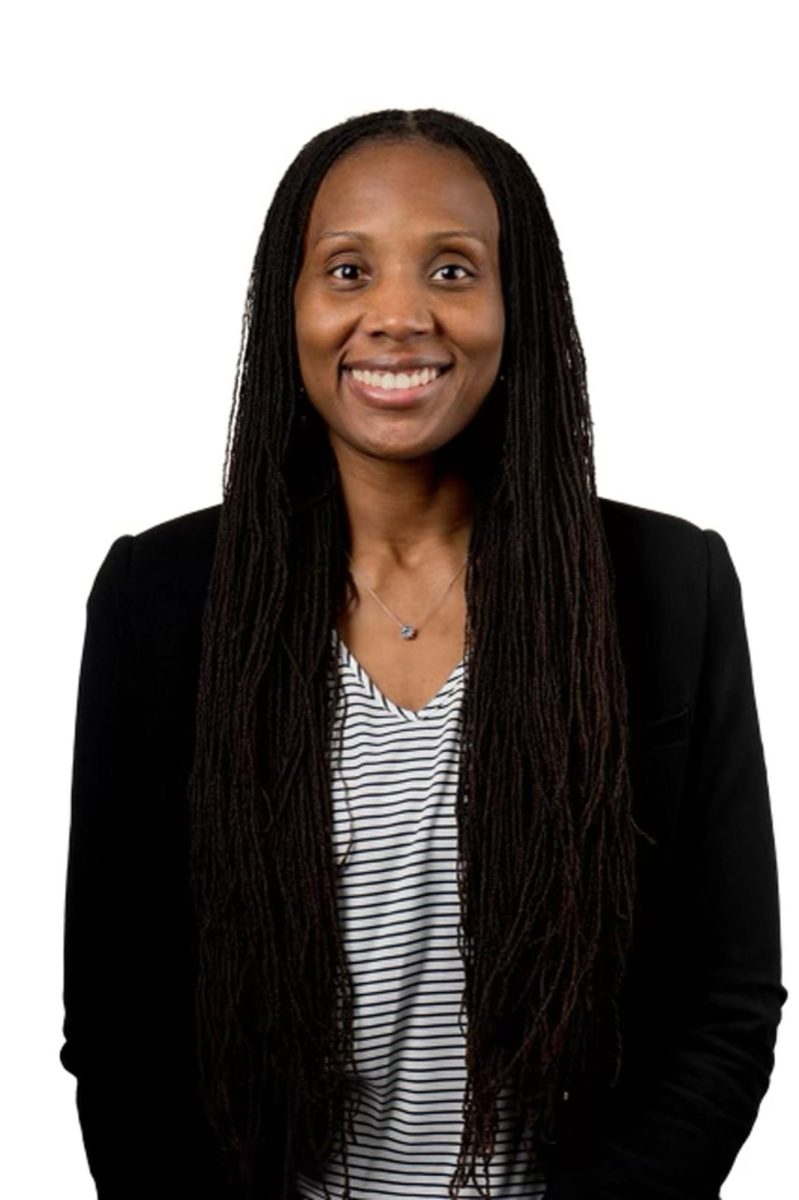An NCAA rule banning professional players from college competition sent GW basketball recruit Kristaps Janicenoks back home to Latvia and has caused the men’s coach to reconsider recruitment efforts abroad.
Janicenoks, a Latvian shooting guard who signed to play this season for the men’s team, left GW after NCAA investigators discovered the violation, which GW officials confirmed as an misinterpretation of the rules.
Athletic Director Jack Kvancz said Janicenoks’s status as a professional basketball player was unclear because he was an unpaid player on a professional team. That’s why GW had no hesitation about recruiting him, he said.
“He didn’t get paid,” Kvancz said.
Janicenoks was a member of a team called BC LMT, which is in the Northern European Basketball League. Although Janicenoks did not get paid and was considered an amateur in Europe, Kvancz said, his participation on the professional team makes him a pro player by NCAA standards.
The infraction would have forced Janicenoks to sit out 27 games, the majority of the 2001-02 season.
“The NCAA has made it very difficult to recruit from Europe,” men’s basketball head coach Karl Hobbs said.
If the NCAA continues to declare foreign players ineligible under the rules, Hobbs said will not recruit from Europe. This could have large implications for GW- a program known for pulling players overseas including recent standouts Alexander Koul and Yegor Mescheriakov.
Unlike American high schools, European high schools do not have organized teams, Hobbs said. Club teams are the only way for many high school students to play organized basketball, he said.
Each year, more club teams and leagues declare themselves professional and pay their players. Hobbs said this makes it difficult for players like Janicenoks to avoid NCAA penalty if they decide to play in the United States.
Hobbs said Janicenoks has returned to Europe where he can play professionally. His name is currently on the roster of BC Skonto, based in Riga, Latvia. Janicenoks could not be reached for comment.
“Unfortunately (GW) didn’t find out until after (he enrolled at school),” Kvancz said. “It takes a while to double-check it. He decided to go home and play since he couldn’t play here.”
BC LMT was founded in 1991 as part of the Lithuanian Basketball League. The team currently competes in both the NEBL and the LBL and was runner-up in the LBL championship last season. The team switched sponsors during the off-season and now call itself BC Skonto.
In the United States, there is a clear difference between professional and amateur teams. Teams that pay players are professional, and teams that do not are amateur. In Europe, paying top players usually begins at the junior level – not just in the highest leagues – which makes a player’s status unclear.
According to the NCAA, NEBL, which started in 1999, considered itself a professional league because it received direct support from the National Basketball Association and consists of teams from Estonia, Finland, Latvia, Lithuania and Sweden.
Several of the clubs were previously considered amateur clubs, but began listing themselves as professional teams after joining the NEBL, according to the NCAA Web site.
If a league falls under the NCAA’s definitions for professional leagues, all teams in the league are considered professional teams even if a team considers itself amateur, according to the site. In this case, because of BC LMT’s use of amateur players like Janicenoks who were not paid, it considered itself an amateur team in a professional league, and Janicenoks was considered an amateur. That distinction does not matter when assessing NCAA violations.
With basketball’s growing popularity in Europe and income that comes with it, teams and leagues have tried to use financial incentives to keep their young players from leaving to play in college. Those financial incentives have led to many college eligibility issues as well.
Janicenoks is not the first GW basketball player to face penalties for playing professional basketball overseas. Albert Roma, a senior on the men’s team, suffered a three-game penalty for playing for a professional team in Spain.
Hobbs’s other international recruit, 6-foot-11 Matija Debevec from Slovenia, is eligible to play this season because of a March 2, 1995 NCAA ruling. The rule says players on teams sponsored by their country’s amateur national governing body are considered amateurs as long as they only receive compensation for expenses.
The NCAA violation leaves Hobbs with three other recruits for the upcoming season and opens the door for two walk-ons.
Freshmen Tamal Forchion, a 6-6 power forward from Philadelphia, and T.J. Thompson, a small guard from Kennsington, Md., had already signed under former head coach Tom Penders. Hobbs also signed Darrio Scott, a 6-6 freshman power forward from Lynchburg, Va.
Debevec averaged 25 points, nine rebounds, four assists and three blocks a game in the Slovenian Junior League.
With the roster down to 10 players for the upcoming season, Hobbs said he will give walk-ons an opportunity to make the team.






